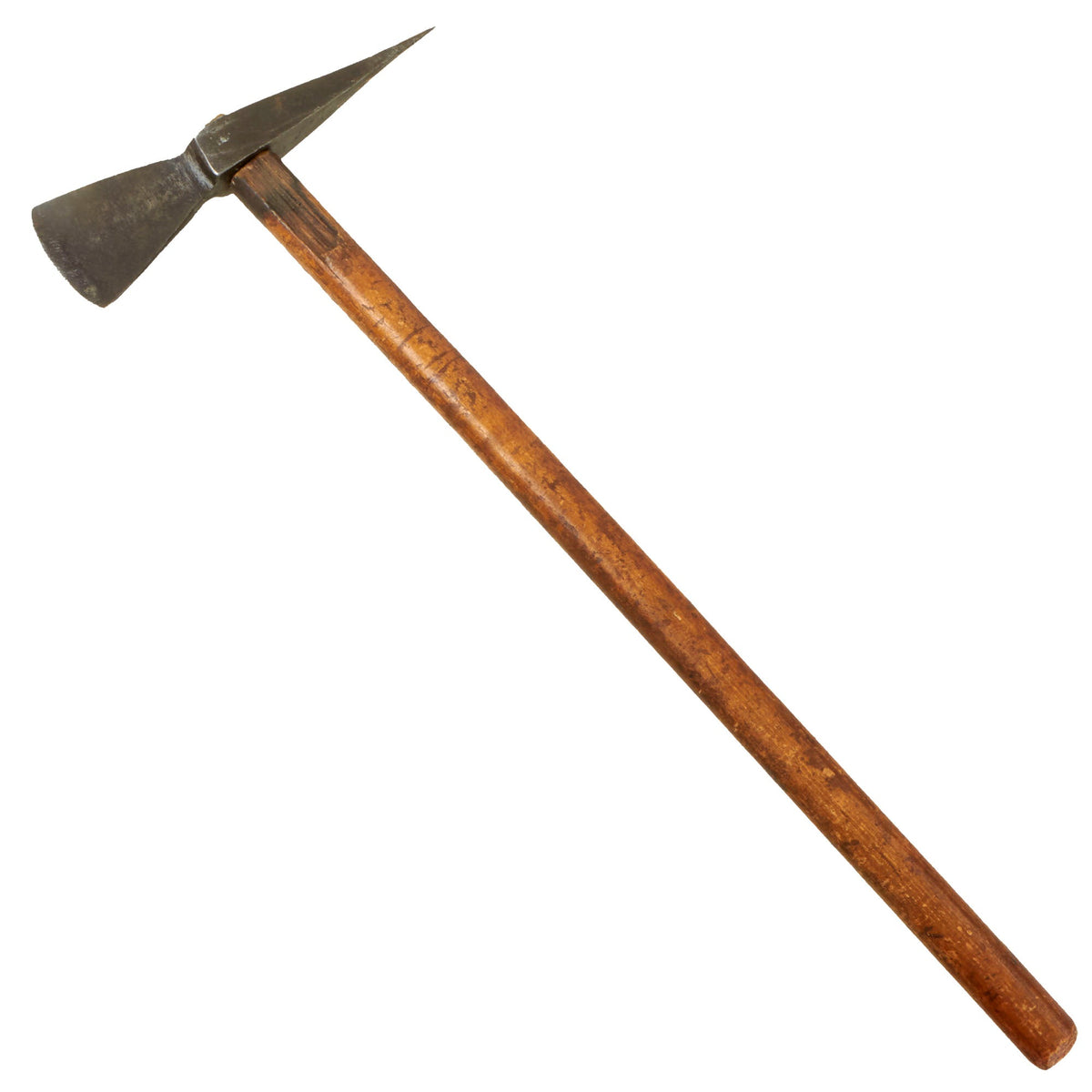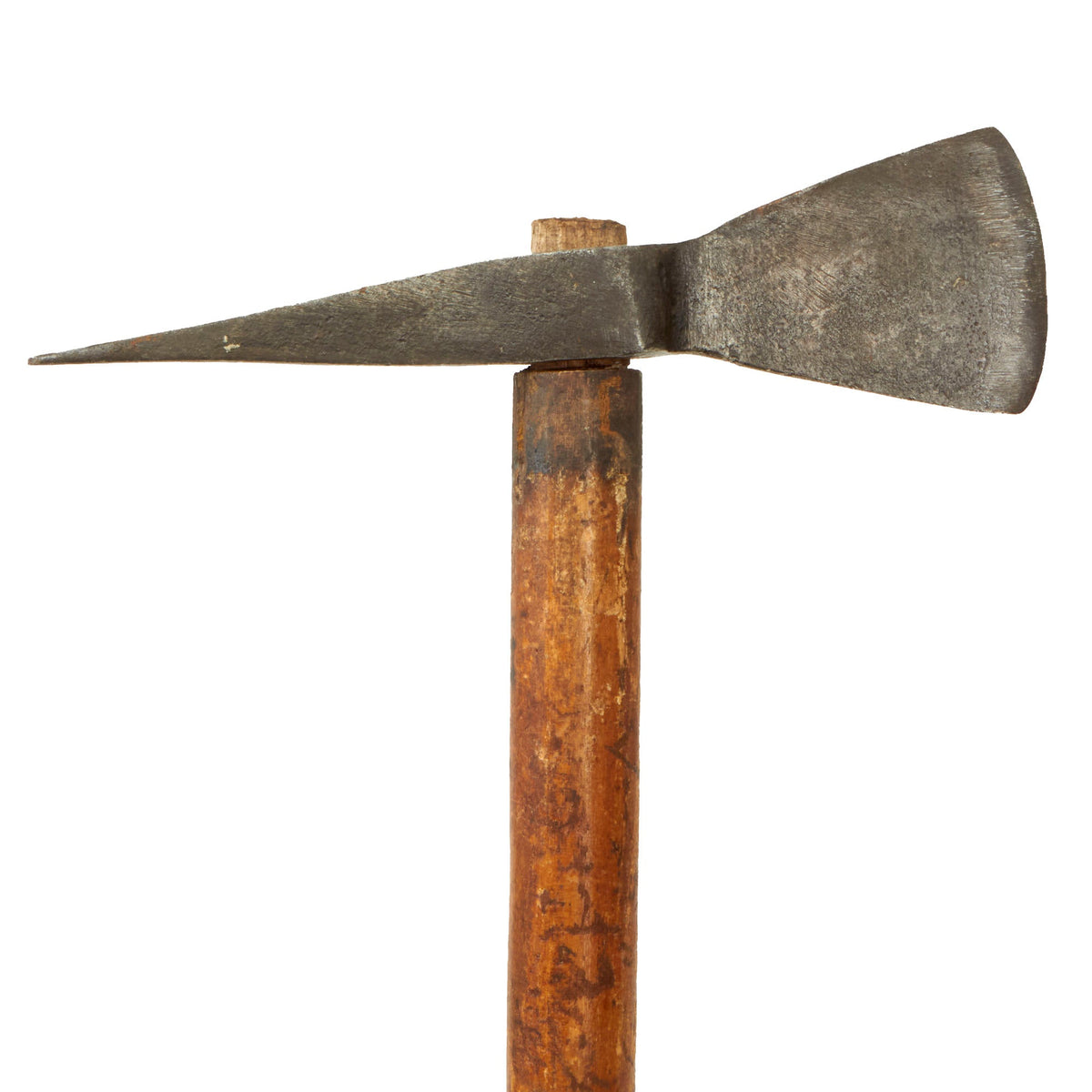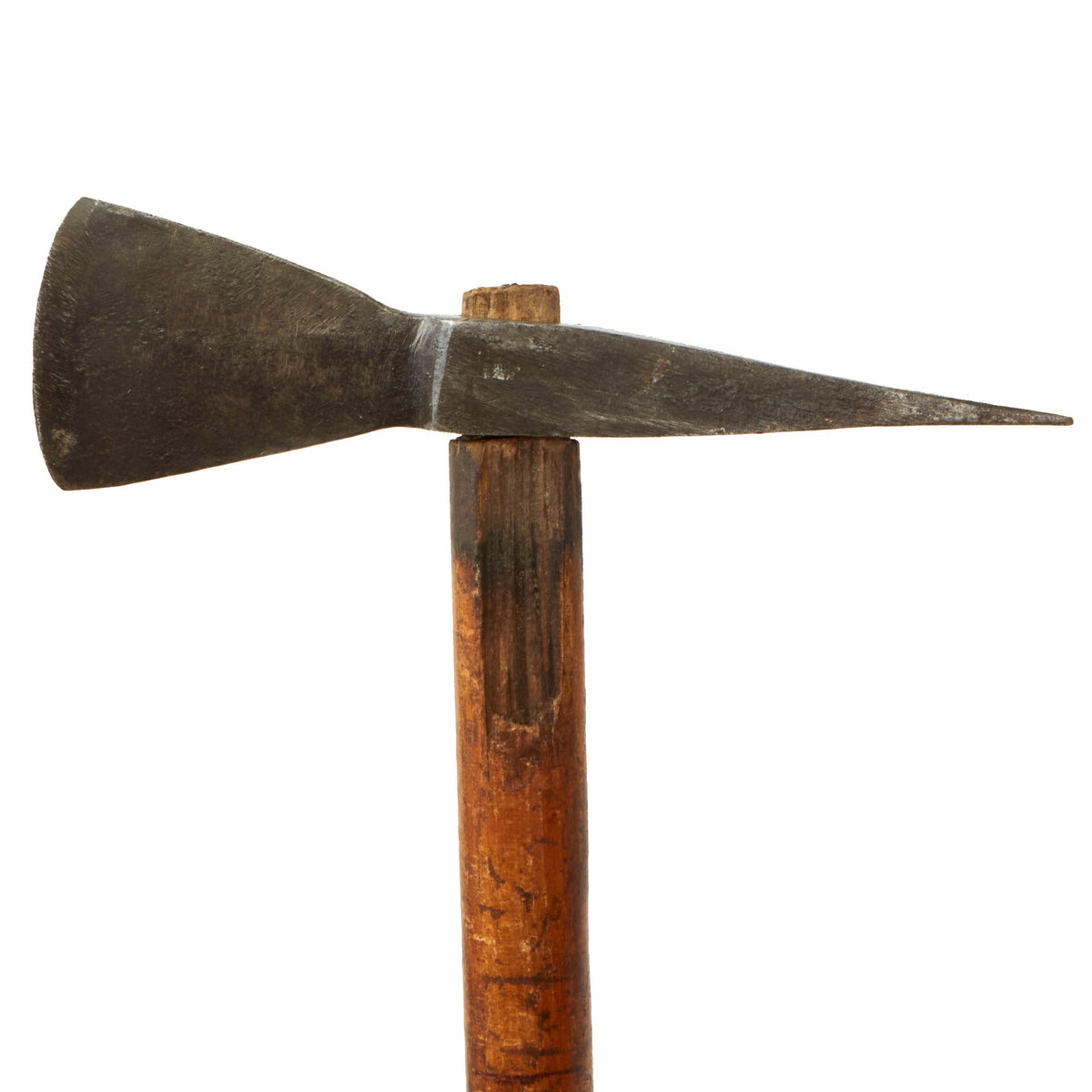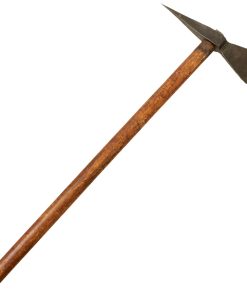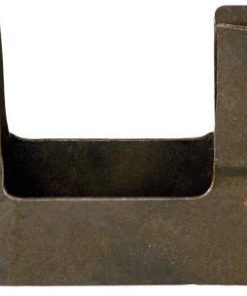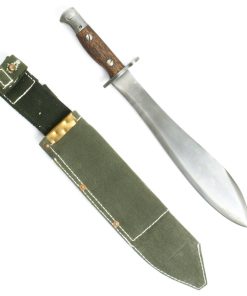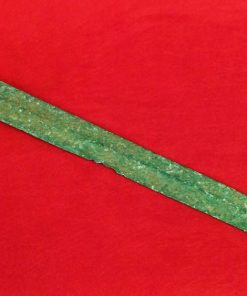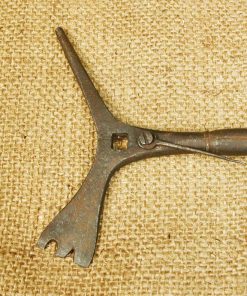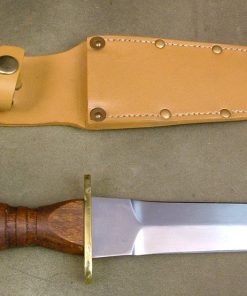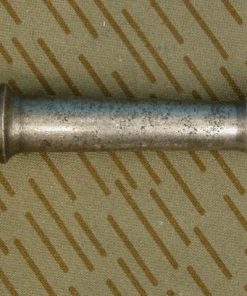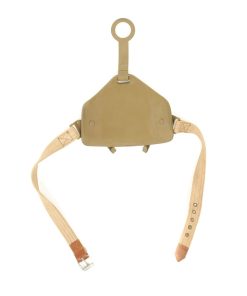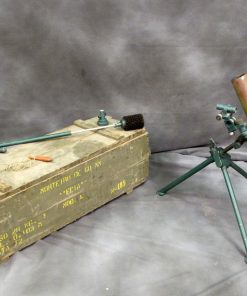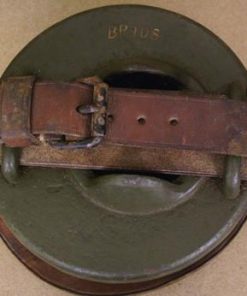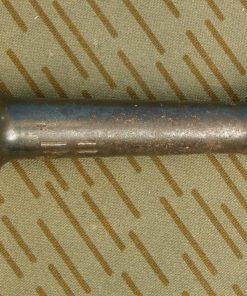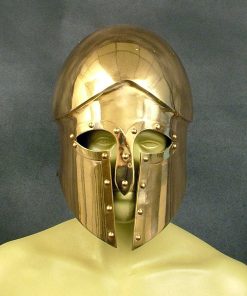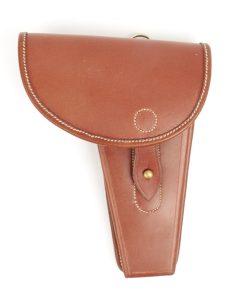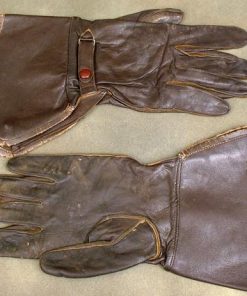Original American Colonial Era Spike Tomahawk With Replaced Haft – Ca. 1700-1750 Original Items
$ 695,00 $ 208,50
Original Item: Only One Available. This is a fantastic example of an early American Colonial Spike Tomahawk. Aside from the haft being replaced, it is in immaculate condition for the age. It does not appear to have been ground dug though there is some past pitting present as well as some light oxidation. It is evident that this was an item that was cared for. Spike tomahawks (casse-têtes) are thought to have originated from early ship boarding axes which closely resemble them except for the iron strapping on the sides of the handle. As with the other types of tomahawks, the terminology varied with the times & the places.
The iron/steel axe (tomahawk) rapidly replaced stone axes and became one of the most popular trade goods made available to Native Americans by European traders. Tomahawks quickly became the weapon of choice, especially during the 16th and 17th centuries. By about 1700, specialized forms with spikes or pipes appeared.
The triangular and axe-like design of the tomahawk was likely introduced by French traders in the early 1700s and was first called the Missouri war hatchet or axe. As well as the popular triangular design, two other forms were used. The spontoon tomahawk resembled the fleur-de-lis and, therefore, was known as the French type. It was also considered old-fashioned because it resembled weapons used in Europe in the 16th and 17th centuries. The other form had a flared blade, which was a popular design in Europe, especially Spain. By the mid to late 1800s, the tomahawk was likely used more for ceremonies than for actual warfare.
We believe that this example dates from the early 1700s given its design and appearance. The head of the weapon itself measures from edge to spike end approximately 6 ½” with an edge width of 1 ⅞”. The haft, which does appear to be a much later replacement is in solid condition with heavy scratching present as well as some chipping towards the top. It measures approximately 16 ½”.
Truly a fantastic example of an early Spike Tomahawk. Comes more than ready for further research and display.
Fast Shipping with Professional Packaging
Thanks to our longstanding association with UPS FedEx DHL, and other major international carriers, we are able to provide a range of shipping options. Our warehouse staff is expertly trained and will wrap your products according to our exact and precise specifications. Prior to shipping, your goods will be thoroughly examined and securely secured. We ship to thousands clients each day across multiple countries. This shows how we're dedicated to be the largest retailer on the internet. Warehouses and distribution centres can be located throughout Europe as well as the USA.
Note: Orders with more than one item will be assigned a processing date depending on the item.
Before shipping before shipping, we'll conduct a thorough inspection of the items you have ordered. Today, the majority of orders will be delivered within 48 hours. The delivery time will be between 3-7 days.
Returns
The stock is dynamic and we cannot completely manage it because multiple stakeholders are involved, including our factory and warehouse. So the actual stock may alter at any time. It's possible that you may not receive your order once the order has been made.
Our policy is valid for a period of 30 days. If you don't receive the product within 30 days, we are not able to issue a refund or an exchange.
You can only return an item if it is unused and in the same state as the day you received it. You must have the item in its original packaging.
Related products
Uncategorized
Band of Brothers ORIGINAL GERMAN WWII Le. F.H. 18 10.5cm ARTILLERY PIECE Original Items
Uncategorized
Uncategorized
Uncategorized
Uncategorized
Uncategorized
Uncategorized
Uncategorized
Uncategorized
Uncategorized
Uncategorized
Uncategorized
Uncategorized
Uncategorized
Uncategorized
Uncategorized
Australian WWII Owen MK1 Machine Carbine SMG Custom Fabricated Replica with Sling Original Items
Uncategorized
Uncategorized

